If vocabulary acquisition is a priority at your school, your teachers need A.V.E. We have the key to helping your teachers master teaching vocabulary effectively and efficiently. We have the tools to help all your students Achieve Vocabulary Excellence. All our professional development is offered onsite and online.
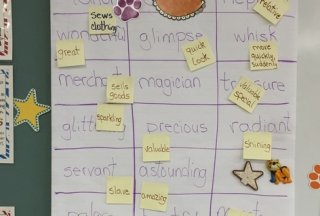
Improving academic vocabulary is something that an overwhelming number of teachers, schools, and school districts find challenging. Year after year, getting better at teaching and learning vocabulary remains the key focus. While there are many examples of incredible gains that schools have achieved, for most schools these gains in vocabulary comprehension and usage are far from enough.
If Academic Vocabulary Acquisition is a priority for your teachers, AVE {Achieving Vocabulary Excellence} is what you need.
If you would like to organize professional development for your district or school, contact us directly to discuss options.
Of the many challenges teachers help students overcome, Vocabulary Acquisition is cited as the most urgent.
Here are the top 5 complaints that teachers share about vocabulary:
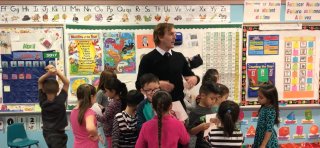
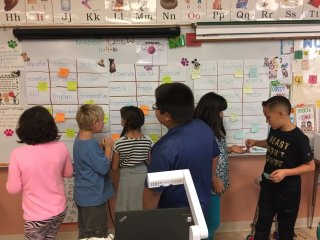
Reasons Students Don't Like Learning Vocabulary
There are a lot of reasons that students may be turned off by vocabulary learning in the classroom. Here are some of the common things that students say:
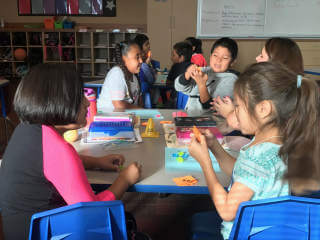
Reasons Teachers Don't Like Learning Vocabulary
There are a lot of reasons that teachers may be turned off by vocabulary learning in the classroom. Here are some of the common things that teachers say:
TESOL Trainers can empower your educators with dozens of strategies and techniques that will engage their students and energize vocabulary learning. TESOL Trainers' use of the experiential learning cycle helps teachers develop confidence and competence that they will be successful trying out the practical techniques teachers gain during the workshop.
Fortunately, there are many research-based strategies and techniques to really Achieve Vocabulary Excellence in the classroom and among all students, not just the high performers. Here are a few examples of the types of strategies that will empower your teachers:
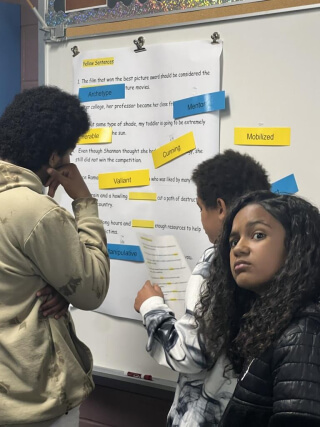
There are many things that teachers do when working with vocabulary that are either ineffective, inefficient, or both. Some things teachers can modify (like not spend sooooo much time on memorizing definitions). Other things teachers can adopt (like letting students use the vocabulary more than the teacher does).
TESOL Trainers offers a powerful set of professional development that will dramatically transform the way that vocabulary is learned and taught at school.
Contact John Kongsvik, the director of TESOL Trainers, to discuss how we can set you up for success.™
Our remote professional development training sessions will fill teachers with scores of strategies, dozens of easy-to-implement techniques and an amazing array of tips that will instigate effective learning by inspiring effective teaching.
Here are just a few things that will make a profound difference in how vocabulary is taught and learned after attending our remote PD:
Contact John Kongsvik, the director of TESOL Trainers, to discuss how we can set you up for success.™
Become part of our TESOL network and gain access to valuable content!